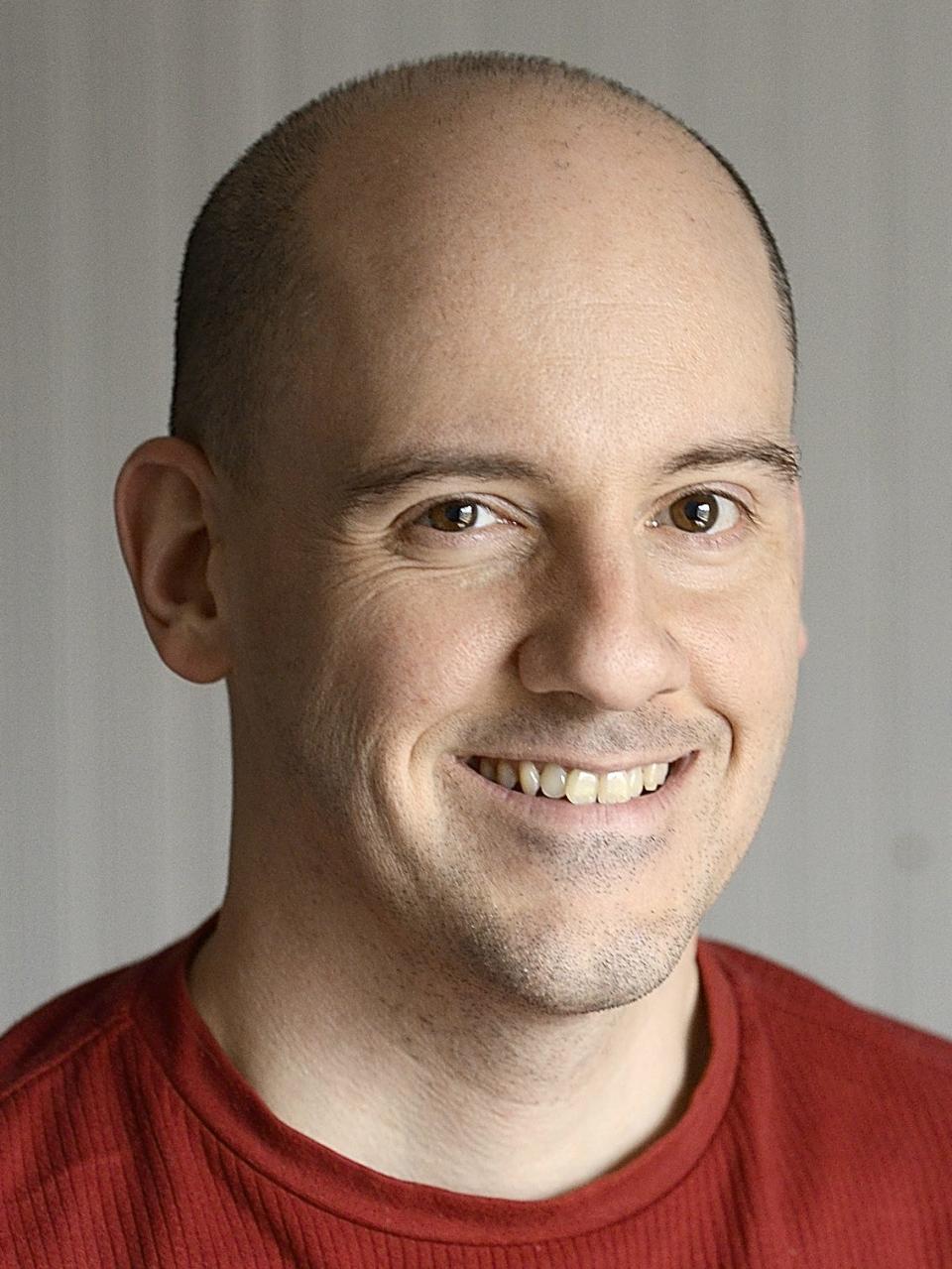Chris Schillig: Coaches, teachers can take a knee for many reasons

Instead of talking about the one it got wrong last week, let’s talk about the one it got right this week.
The Supreme Court ruled Monday that a former football coach in Washington had the right to pray on the 50-yard line at the end of each game.
From 2008 to 2015, Joseph Kennedy was an assistant coach at Bremerton High School, near Seattle. For years, he took a knee at the conclusion of games, often with players in attendance. He also led students in prayer in the locker room.
When the district became aware of Kennedy’s practice, administrators asked him not to pray when it interfered with his job duties and not to include students.
A USA Today story notes the district gave him options for other, more private places to pray, but Kennedy said they were “insanely far away” from his players. He also said he never asked students to join him. While he did stop praying in the locker room, he continued on the 50-yard line. The district eventually placed him on administrative leave.
In 2016, his contract was nonrenewed for failure to adhere to school policy and failure to supervise players after the game. In the lawsuit that followed, lower courts ruled in favor of the school district, indicating that Kennedy’s First Amendment rights had not been violated.
The Supreme Court’s overturning of these decisions may appear to weaken the separation of church and state, but the ruling is very narrow and nuanced. Indeed, it could even be used as justification for other, non-religious demonstrations of advocacy by teachers and coaches, provided students aren’t compelled to take part.
A few points worth noting:
Kennedy should not have prayed in the locker room with student-athletes. The fact that this behavior wasn’t included in the lawsuit indicates both he and his lawyers knew it was legally indefensible. There is a difference between a mandatory locker-room huddle and an optional end-of-game custom.
If Kennedy compelled players to join him on the 50-yard line (or anywhere else), this too would have been wrong. Both he and the district agreed he never asked students to do so. Some parents say differently, that players felt required to attend or risk loss of playing time.
Admittedly, I don’t know many football coaches, but given the few I do, I’m comfortable saying they will start whoever gives them the best chance for a win, regardless of religious persuasion or lack thereof. So this reasoning rings false.
Since Kennedy engaged in post-game prayer for years without the district even being aware of it, he was not egregious about the practice. And, in the interest of fairness, if kneeling to thank a higher power is accepted freedom of expression, then so is taking a post-game knee for racial injustice, LGBTQ rights, Ukraine and other causes. What’s good for one must be good for all.
While some will interpret this ruling as allowing for more prayer in public schools, such a conclusion would misconstrue what the high court decided.
School personnel still may not lead student prayer in the classroom. Districts may not offer prayer over the P.A. during school or at the start of an athletic event. These would be tantamount to state sponsorship of religion, even if the prayers are nondenominational.
Admittedly, the high court’s decision opens the door for overzealous school staff to introduce religion inappropriately into the school day, to misinterpret this one ruling as applying to a broader set of behaviors than it was intended to cover. Public school districts, parents and teachers will have to watch carefully to make certain this does not occur.
But if a coach wants to say a personal prayer after a game, that coach has a right to do so. And while it would be much less messy and much more convenient if said coach did so in private, this one did not. Sometimes, upholding the First Amendment is both messy and inconvenient.
The Supreme Court erred on the side of individual free speech this week. Misgivings aside, if you want a court to err anywhere, it’s there.
Reach Chris at chris.schillig@yahoo.com. On Twitter: @cschillig.
This article originally appeared on The Alliance Review: Chris Schillig: Coaches, teachers can take a knee for many reasons

